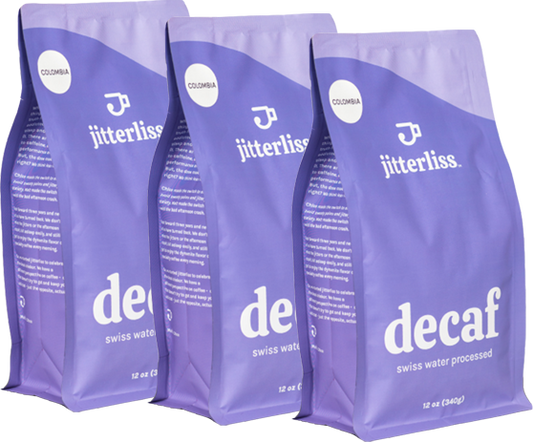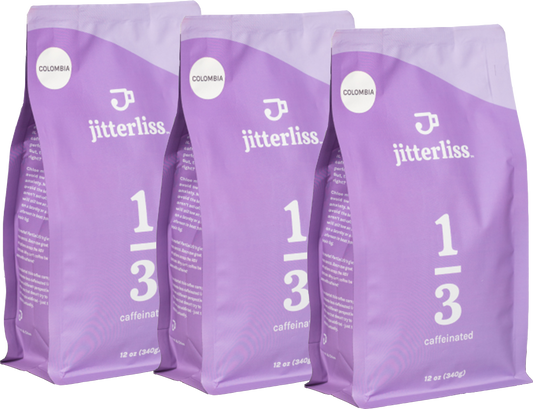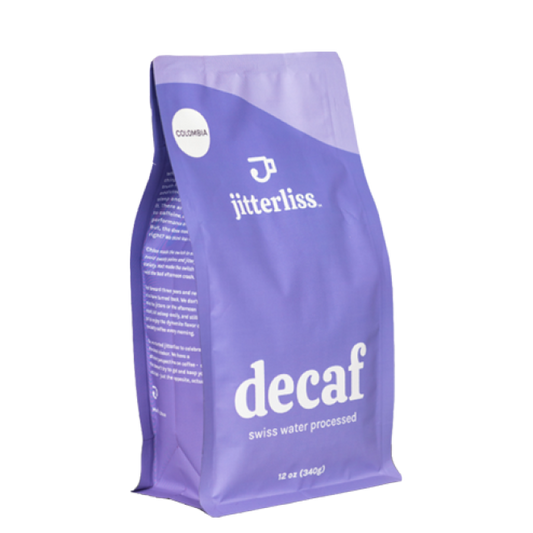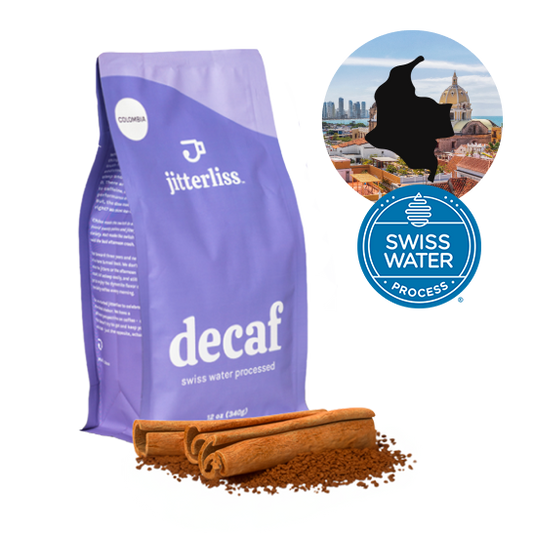Is Freezing Coffee Beans a Good Idea? The Hows and Whys
Coffee enthusiasts have long debated whether or not freezing coffee beans is a good idea. In the past, this practice was quite controversial, but lately, it has gained acceptance as a great way to preserve the taste and quality of coffee beans. In this blog post, we'll explore the benefits of freezing coffee beans and provide tips on how to do it effectively.
Why should you freeze your coffee beans?
"Can you freeze coffee?" is a question many coffee lovers have asked. There are two primary reasons why you might consider freezing your coffee beans after they've been roasted:
- Freezing preserves flavor
Freezing food is an excellent method for preserving its taste and preventing it from going bad. For instance, if you freeze bolognese sauce today, it will maintain its flavor (and possibly even taste better!) next week. The same concept applies to coffee.
Once roasted, coffee beans begin to age, gradually losing their desirable flavors. As the coffee beans stale, their taste becomes dull, bitter, and unappealing. Ideally, coffee should be brewed within 3-14 days after roasting, but that isn't always feasible. Freezing coffee beans locks in their flavors, preserving the beans in a state similar to a few days post-roasting. While it may not taste as good as freshly roasted coffee, it will be close.
- Freezing improves grind quality
When you grind coffee, the result is three different particle sizes: fines (tiny particles), boulders (large particles), and optimal-sized particles. A high-quality grinder produces fewer fines and boulders, both of which negatively impact brewing. Fines over-extract easily, while boulders under-extract.
Freezing coffee beans and grinding them while still frozen results in a more uniform particle size distribution, reducing fines and boulders. It also grinds the beans finer, increasing extraction and allowing more flavor to be extracted from your coffee. This makes your coffee taste sweeter and less bitter or acidic. In short, grinding frozen coffee beans improves your coffee's taste!
How should you freeze your coffee beans?
Successfully freezing coffee beans involves two critical factors: using an airtight container and ensuring minimal air inside. There are two options for this: vacuum sealing or using a tube or container. Vacuum sealing requires plastic bags and a vacuum sealer, which can be expensive.
Alternatively, you can use tubes that hold approximately 20 grams of coffee beans, depending on the coffee type. Fill the tube as much as possible, seal it, and shake it to pack the beans tightly. Add any missing beans to ensure maximum fullness.
Label your tubes with masking tape or painter's tape, noting the coffee's details. For added convenience, write down the perfect recipe you used so that you'll have it handy when you take the coffee out of the freezer in two years.
How long can coffee beans stay fresh in the freezer?
Coffee beans can stay fresh in the freezer for an impressively long time. Some studies have shown that one day at room temperature is equivalent to over 200 days in the freezer. Coffee beans can remain fresh in the freezer for at least two years, allowing you to build your own coffee collection.
Imagine revisiting your top-choice coffee from 2020 in three years and discovering that it still tastes amazing!
In conclusion, freezing coffee beans is a practical and effective method for preserving their flavor and quality. By using an airtight container with minimal air, you can store your coffee beans in the freezer for years to come, ensuring a fresh and delicious cup of coffee whenever you desire.




